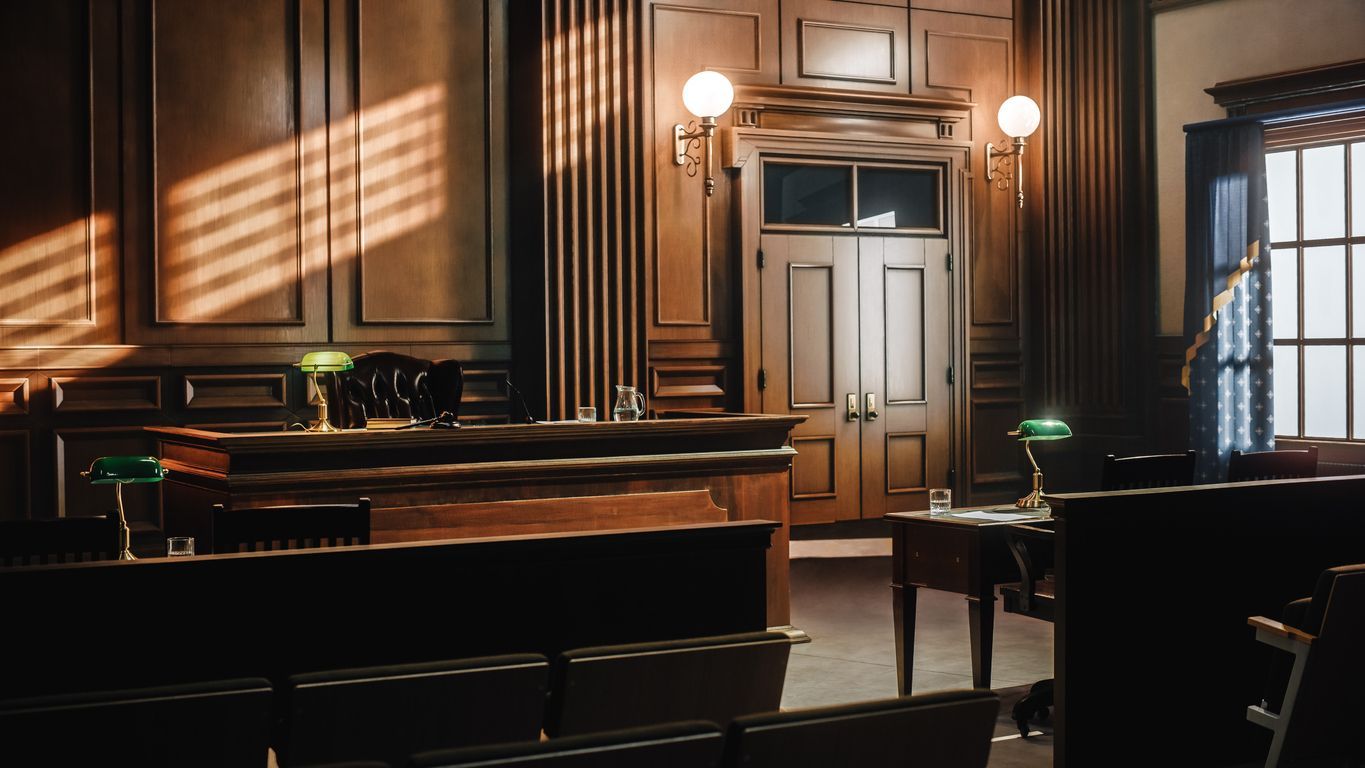Understanding Trespassing Laws in Missouri: What You Need to Know
Finder Law Serves Clients Across Jefferson City, Columbia, and Central Missouri
Trespassing is a criminal offense that involves entering or remaining on someone else's property without permission. In Missouri, trespassing laws are designed to protect property owners' rights while balancing the public's right to access land in certain situations. Whether you're a property owner, a potential trespasser, or simply curious, it's important to understand how trespassing laws apply in the Show-Me State.
What Constitutes Trespassing in Missouri?
In Missouri, trespassing occurs when a person enters or remains on someone else's land or property without the owner’s consent, or when they are explicitly warned to leave and refuse. Trespassing laws in Missouri are codified under
Missouri Revised Statutes, Chapter 569.
There are several degrees of trespassing, each with specific circumstances that can determine how serious the offense is.
Types of Trespassing in Missouri
- First-Degree Trespassing (RSMo § 569.140)
First-degree trespassing is the more severe form of the offense. It occurs when a person:
- Knowingly enters or remains on property that is posted with a no-trespassing notice or where a law enforcement officer has told them not to enter.
- This includes both residential and non-residential properties.
- It also applies to individuals who refuse to leave private property after being asked by the property owner, tenant, or a law enforcement officer.
Penalties: First-degree trespassing is a Class E felony. If convicted, an individual could face penalties including a prison sentence of up to 4 years or a fine.
2. Second-Degree Trespassing (RSMo § 569.150)
Second-degree trespassing is generally less severe but can still carry legal consequences. A person commits second-degree trespassing if they:
- Enter or remain on land that is not enclosed (i.e., open land) without the owner's permission, and there is no "no trespassing" sign posted or other clear indication that entry is not allowed.
Penalties: Second-degree trespassing is typically charged as a
Class B misdemeanor, which can result in up to
6 months in jail
or a fine of up to
$500.
3. Criminal Trespassing on Agricultural Land (RSMo § 569.145)
Missouri also has specific laws regarding trespassing on agricultural land, particularly in situations where trespassers damage crops or interfere with farming operations.
Penalties: If someone trespasses on agricultural land and causes damage, it could lead to
higher fines and
penalties, especially if the individual damages or destroys crops, livestock, or farming equipment.
Key Defenses to Trespassing Charges in Missouri
In a trespassing case, there are several common defenses that a person might raise:
- Permission or Consent: If the person had explicit or implicit permission to be on the property, they cannot be convicted of trespassing. For example, a property owner might have granted verbal or written permission for the individual to enter or stay on their property.
- Lack of Notice: In many cases, trespassing charges can be dismissed if the defendant can prove they were unaware that the land was private. A "No Trespassing" sign must be posted clearly, and property boundaries should be reasonably marked.
- Emergency or Necessity: If the trespasser was on the property due to an emergency (e.g., to avoid harm or to seek help), they may not be guilty of trespassing under certain circumstances.
- Mistake of Fact: If the trespasser was unaware they were on private property due to a mistake, such as not noticing a property line, this could be a valid defense.
What Should You Do If You Are Accused of Trespassing in Missouri?
If you find yourself accused of trespassing in Missouri, it’s important to take the charge seriously. While some trespassing offenses are minor and can result in fines or a short jail sentence, others—particularly first-degree trespassing—can have more severe consequences. Here are steps you can take if you’re accused of trespassing:
- Contact a Criminal Defense Attorney
Missouri trespassing laws can be complicated, and penalties can range from fines to jail time. A criminal defense attorney who understands Missouri law can help you assess your case, determine possible defenses, and guide you through the legal process. - Gather Evidence
If possible, collect evidence to support your defense. For example, take photos of any posted "No Trespassing" signs or evidence that you had permission to be on the property. - Stay Calm and Respectful
If you're confronted by property owners or law enforcement officers regarding trespassing, it’s essential to remain calm and respectful. Do not resist arrest or argue with the authorities, as this can lead to additional charges.
How to Protect Your Property from Trespassing
For property owners in Missouri, it’s essential to take proactive measures to protect your property and prevent trespassing. Here are some steps you can take:
- Post Clear Signs: Ensure that your property is clearly marked with "No Trespassing" signs. These signs help establish that a trespasser is aware that they are not allowed to be on your land.
- Fencing and Boundaries: Use fencing or other clear boundaries to define your property lines. This can help prevent people from unintentionally wandering onto your property.
- Surveillance: Installing security cameras can deter trespassers and provide evidence if a trespassing incident occurs.
- Consult Legal Professionals:
If trespassing becomes a recurring problem, consider consulting with a lawyer to discuss legal remedies such as pursuing a civil lawsuit for damages or seeking a protective injunction.
Conclusion
Trespassing laws in Missouri are designed to protect property owners' rights while also providing certain defenses for individuals who may unintentionally violate those rights. Whether you're facing a trespassing charge or want to protect your property, it’s crucial to understand your rights and obligations under Missouri law.
If you’re ever unsure whether you're trespassing or dealing with a trespassing situation, consulting with a legal professional is always a wise choice. Daniel Finder at Finder Law, LLC has over a decade of experience in criminal defense and can help defend your case.
This blog is for informational purposes only and does not constitute legal advice. For specific guidance, please contact our office directly.












